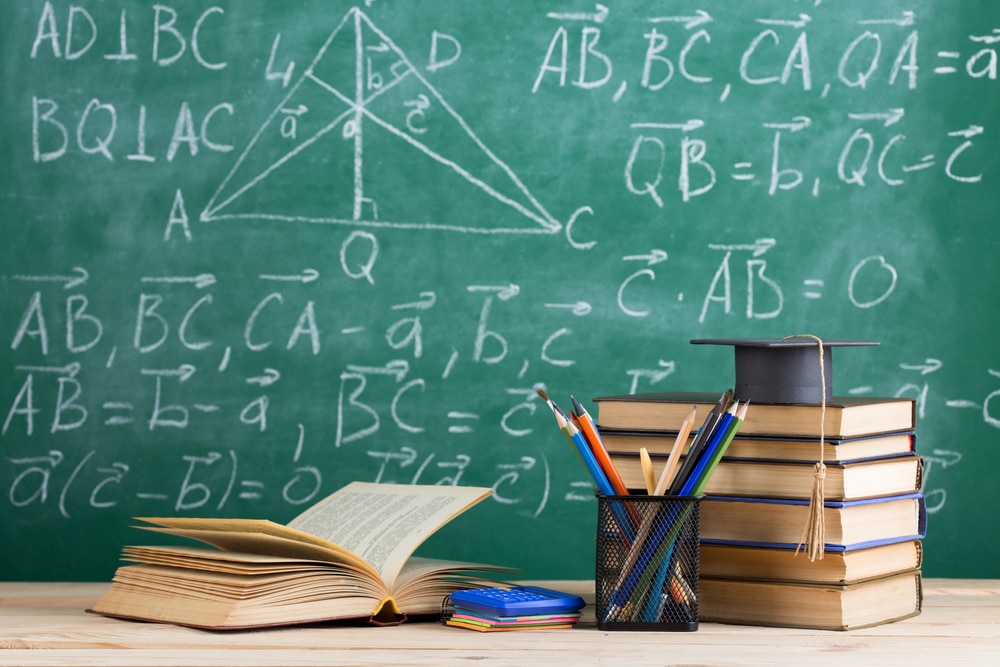The Minister for Education Norma Foley TD and Minister for Further and Higher Education, Research, Innovation and Science recently announced the publication of Education Indicators 2020 — a special report which sets out to provide a comprehensive set of educational indicators for the education system in Ireland.
The data in the report cover all levels of education, starting with early years and working through school education, further and higher education through to lifelong learning. The report provides an overview of the work of both the Department of Education and the Department of Further and Higher Education, Research, Innovation and Science.
This updated indicators report provides data up to and including the academic year 2019-2020 (where possible) as well as a look back at how our education system has progressed over the five years 2015-2019.
This is the only report where this data is presented together in one single volume. The report presents a snapshot of the whole education system at a single point in time while also charting its progress over the past five years. The report also contributes to the key strategic aim of ensuring that education policy development in Ireland is informed by a strong evidence base.
Minister Foley said: “This is the second year of Education Indicators, and it is a very valuable exercise to provide in one place a measurement of the progress being made in so many areas of importance. This is of particular benefit as we formulate strategy for 2021 and beyond.”
Minister Harris said: “I want to welcome today’s report, in particular, the news that the percentage of adults participating in learning activities almost doubled in five years. I am also very pleased to say that the number of people taking up apprenticeships is rising strongly, more than doubling in that five year period.
“We have seen a big jump in the number of people studying in a part-time or flexible way, including remote learning, and this was before the pandemic struck. I hope that we will retain this flexibility into the future, allowing people to learn in the right place for them and at the right time.”
Some notable findings from the report at school level include :
- There were 567,716 children in primary school and a further 371,450 in secondary school, between them being taught by 66,932 teachers.
- The average pupils per teacher in primary school stood at 15.0 while in secondary school it was 12.8
- The number of children in special classes in mainstream primary schools continues to rise and stood at 6,822 in 2019, up from 4,355 in 2015 and there were 13,530 special education teachers and 15,799 SNAs.
- The number of multi-denominational primary schools continues to rise and stood at 153 in 2019, up from 120 five years earlier.
- The percentage of pupils taking the Leaving Certificate established programme continues to rise and stood at 70.0% in 2019, up from 66.9% in 2015.
- The retention rate to the Leaving Certificate for the 2013 entry cohort (sat LC in 2018 or 2019) stood at 91.2 per cent, compared with 91.5 per cent for the 2012 cohort.
For further and higher education, some key statistics contained in the report include:
- There were 211,274 graduates across all levels of the National Framework of Qualifications (NFQ) levels in 2018.
- There were 69,726 graduates who received an award at Honours Degree level (NFQ Level 8) or higher in 2018.
- The number of part-time and remote students is rising steadily with part-time rising from 37,000 in 2015 to 43,000 in 2018.
- The number of students studying on a part-time or flexible basis, including remote learning, has increased from 48,068 in 2017 to 52,236 in 2018.
- The number of people taking up apprenticeships is rising strongly, up from 8,317 in 2015 to 17,829 in 2019, delivering on key commitments to addressing strategic skills shortages and providing attractive alternatives to higher education progression routes.
- The total number of post-graduate researchers has risen from 9,773 in 2015 to 10,065 in 2018 and women account for just over half of full-time PhD students (3,697 women and 3,369 men).
- Just under 18,000 people aged 55 and over achieved an award on the NFQ in 2018 while the percentage of adults participating in learning activities in 2019 stood at 12.6%, up from 6.5% in 2015.
The publication of these indicators provides a snapshot in time of the progress made under the Strategy Statement of the Department of Education and Skills 2019-2021.
Following the appointment of Ministers Foley and Harris, both the Department of Education and the Department of Further and Higher Education, Research, Innovation and Science will publish new Statements of Strategy in 2021.
A link to the report is available here












Comments